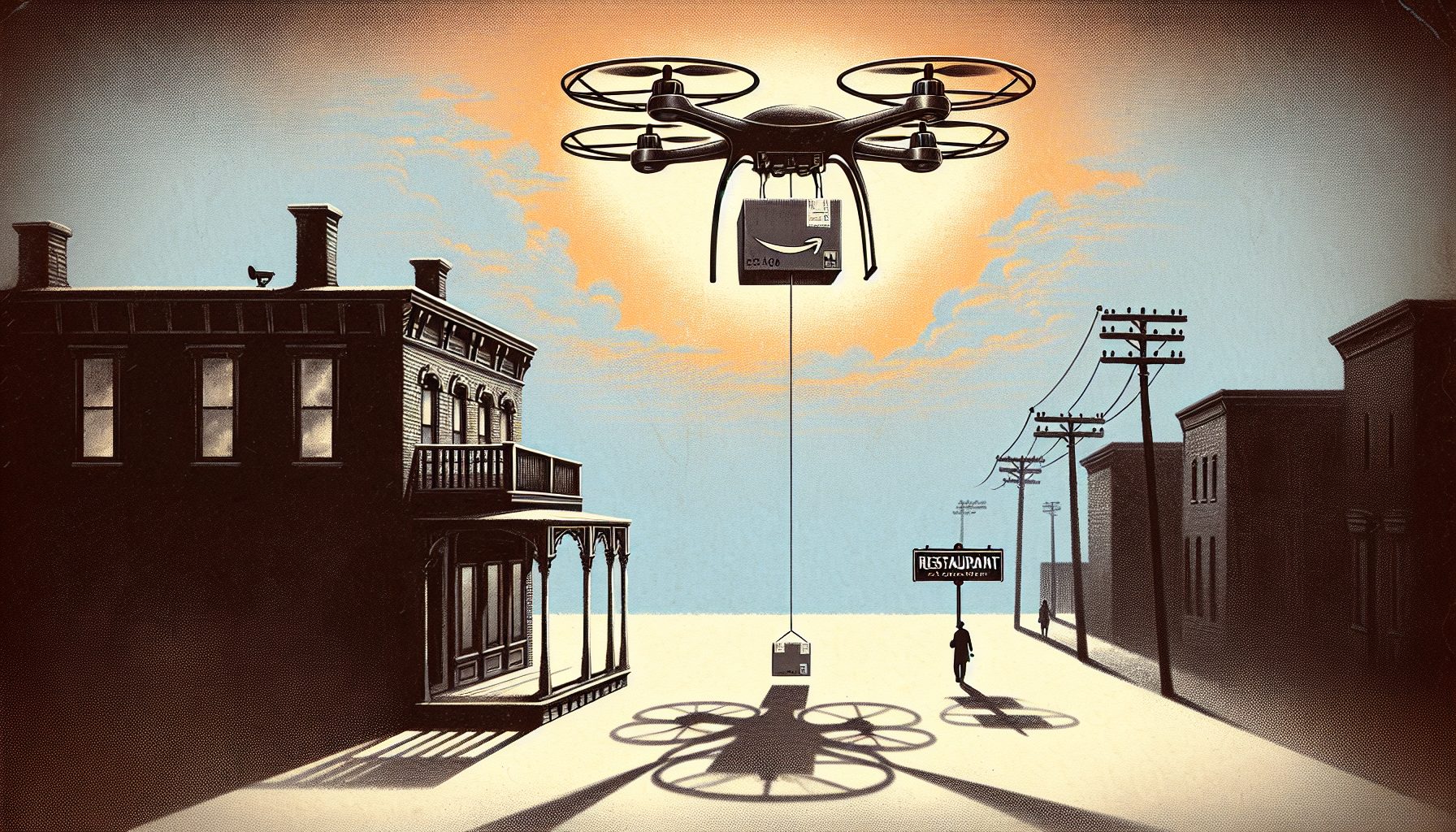The Application: AmeriPath took several wrong turns en route to Pathway, the new billing and lab information system for its network of pathologists and testing facilities.
AmeriPath conducts specialized laboratory testing to guide the treatment of cancer and other diseases. Pathway allows pathologists at different, often highly specialized locations, to collaborate on producing a single report about a given patient. In addition to including statistical results and diagnostic imagery, reports can include diagrams of an area of concern-a cervix, for instance-that the pathologist annotates with an “organ map” user interface widget. Reports can then be e-mailed, faxed or delivered over a Web portal. Previously, a physician who ordered a series of tests that had to be performed by several AmeriPath labs would get back multiple reports that needed to be pieced together to provide an overall picture.
To simplify deployment, Pathway is designed as a rich Internet application, meaning it is accessed through a Web browser but provides the rich user interface of a desktop application. Achieving that goal was not easy.
The Problem:
Because it had grown through years of acquisitions, AmeriPath wound up with multiple incompatible systems for managing test data and invoices. It made several attempts to develop something like Pathway, in addition to evaluating off-the-shelf software. The most recent aborted software development project included an attempt to create a user interface in Swing, the Java user interface framework.
The project was too much of “a programmer’s paradise,” according to Tim McGuire, vice president of enterprise development for AmeriPath. The developers had locked themselves in a room and were working on the system in isolation. “There was no interaction with the business, just coding, so it was not on a path toward success,” McGuire says. That project was also limited to creating a new application for one facility, so it didn’t address the issue of integration across the company.
In early 2006, AmeriPath started over, determined to produce a new system that could be used companywide, with delivery of the first release in about six months. The ongoing Pathway Project, which represents about a $25 million investment, according to a recent job posting for developers, still embraced Java as a base technology, with JBoss as the application server and a Java-based user interface. But this time project managers decided that working directly in Swing required too much low-level coding and too much time.
The Solution: To simplify development, AmeriPath adopted NexaWeb’s Enterprise Web 2.0 suite of rich Internet application tools and components. McGuire says NexaWeb offers a more “declarative” development style, which is to say developers can specify the general layout and behavior they prefer without as much detailed coding other applications demand. Using NexaWeb helped developers progress more quickly and produce a leaner, faster application, McGuire says.
The Results: The project relaunched in early 2006, with the first lab implementation in November. The new system should be in place at about 10 labs by the end of 2007, with the other 30 labs coming online next year. Each lab presents its own challenges because of the degree of specialization. “If every [lab were] doing the same thing, it would be an easier task,” he says. Still, it was a victory to identify the common functionality that could be used companywide yet was tailored to individual labs.
Dr. Stephen Aldred, an AmeriPath pathologist, remembers AmeriPath had already recognized the need for such a common system in 1997, the year it acquired his practice. “It’s proven a lot more complex, taken more time than anticipated, but we have a system we can use across all lines of the company,” he says.
In fact, it may wind up being used even more widely. In May, Quest Diagnostics completed its acquisition of AmeriPath, paying $1.23 billion in cash and taking over a debt of $770 million for a total deal value of about $2 billion. AmeriPath helps give Quest, best known for bloodwork and other routine clinical tests, a fuller range of diagnostic testing services. It also gives Quest access to Pathway.








